Put on a happy face: unlearning toxic positivity in climate work
Why our guest this week changed his mind about Just Stop Oil
This week’s post comes from a guest writer, Félix de Rosen – an ecological designer who reached out to us and specifically wanted to share this story with the Gen Dread audience. Over to Félix.
When I first heard about Just Stop Oil, I was totally unimpressed.
The movement, founded in the UK in 2022, uses nonviolent civil disobedience and direct action to pressure governments to halt all new fossil-fuel licenses. Protestors have shut down major highways with sit-ins, causing fury amongst commuters on their way to work. They have thrown orange paint onto famous artworks in museums, and impolitely interrupted everything from the British Grand Prix to Wimbledon to a recent performance of the musical Les Miserables in London.
I was unimpressed for a simple reason: the messaging felt too negative (the movement’s logo is a crudely drawn skull) and appeared to be causing more anger than sympathy amongst the public. The media was full of videos of angry commuters literally dragging protestors off the road. How would this inspire people to join the climate movement? And splashing paint on revered works of art – wasn’t that just an attack on our most hallowed understandings of beauty?
Then unexpectedly, my views changed.
Overwhelmed with headline after headline about collapsing ecosystems and fractured political systems, I finally allowed myself to feel the grief I was carrying within me. Giving space to desperation, anger, and depression was hard: I had to let go of the belief that everything was going to be fine, that we were going to get this right after all. But it gave me clarity about the severity of the climate emergency. And more important, by recognizing the full spectrum of emotions I was holding, I felt a new sense of agency to act.
I realized that behind the stunts, Just Stop Oil was playing a vital role: giving voice to hard-to-admit emotions that government, business, and mainstream media refuse to reckon with. Their tactics – roadway sit-ins and vandalism – are inconvenient not just because they make people late for work, but because they shine a light on the elephant in the room: we need to publicly recognize both the severity of the climate emergency and the accompanying anguish of living through the turbulence and loss that accompanies it. Rupert Read, director of the Climate Majority Project, says, “People are told to put on a happy face when what they actually need is to be heard in their pain for the world and their fear for the future”. Though turbulence and loss are not the whole story, there needs to be space to sit in the feelings those forces kick up.
There is a term for being gaslit for our healthy emotional responses to the climate emergency: toxic positivity. Naming it is crucial for awareness.
…and there are three cultural narratives that empower it:
The first is the belief that recognizing “negative” emotions means denying positive ones and thus giving up on working for a better future. In reality, our emotions are not a zero-sum game. We can give space to grief and anxiety AND still feel hopeful. We can grieve the death of people, species, cultures, and landscapes, AND still celebrate the life that remains. Grief does not cancel out joy; it’s the opposite: they reinforce each other.
What are some ways to engage a wider range of emotions as fuel for action? We can start by reframing our emotions, both the pleasurable and the painful, as natural – signals our body makes to communicate information that is vital to our wellbeing. In this regard, all our emotions are helpful. Regardless of how we act in response to them, the first step is to start listening to them. Meditation, communication with others, and artistic expression are three ways we can tune into them, be in dialogue with them, and learn what they have to say.
Secondly, the myth of progress is the belief that human history is a march of continuous improvement and growth. Always oriented towards a future better than the past, this mindset disconnects us from the beauty and abundance of the present, from the rhythms of the planet that create the conditions for life. The progress in this myth tends to prop up existing power structures; so that those who resist and dream up alternative futures, like Just Stop Oil, are pathologized as unacceptable and abnormal. In contrast, many of the world’s Indigenous cultures understand history as moving cyclically or in multiple different directions simultaneously. In this vision, the Earth and the life it contains do not need improvement and growth, but care and tending.
And finally, the myth of authority – aka the “we know what we’re doing” myth – is the assumption that those in positions of power know, roughly, what they’re doing. And whilst we do have the solutions for drawing down carbon and restoring biodiversity, the political reality of how to implement these is not a simple wave of the wand. While some politicians are clueless and oblivious to those solutions, others are very aware of what we need to do, yet are unwilling to do it either because it will cost them near-term profits, power, or both.
The institutional betrayal by governments and corporations is staggering, and goes back decades and decades. It robs people of agency, preventing us from recognizing our own power to analyze issues, voice concerns, and organize movements. Part of our grief means arriving at the realization that no one in charge is going to swoop in and save the day, we all need to do our part in forcing them to help.
The alternative to toxic positivity is not a pendulum swing to toxic negativity – the type of negativity I had initially misidentified in Just Stop Oil. Instead, it is a sane realism, one that honors the full spectrum of human emotions, the severity of the ecological crisis, and the impact we still have in determining the future. There is much to grieve for, and much to keep on loving. Without the comfort of sugarcoated narratives, we are free to move forward with awe, courage, and care.
If you liked reading this, feel free to click the ❤️ button on this post so more people can discover it on Substack 🙏🏼
Making Waves
Hosted by Templeton World Charity Foundation, this virtual conference will feature new research on how we can flourish as individuals and collectively and translate those insights into practical solutions. Our own Britt Wray will be speaking at the 2nd annual Global Flourishing Conference. Register to join Advance Science and Solutions for a Flourishing World on 29 & 30 November!
Revealing the Hard Stuff: Emotional Honesty as an Existential Change Leader (Nov 29 | 9-10am PT)
In this conversation with Renée and renowned psychologists and authors Leslie Davenport and Nadine Andrews, they will bring you to delve into the power of emotional honesty as an existential change leader.
Attuning to Yourself; Attuning to Your Stakeholders (Dec 8 | 9-10am PT)
In this webinar, Renée joins the wise and insightful PIO advisor, author and neuropsychologist Sarah Peyton to unpack what attunement is and how to practically bring this into your work as guides and changemakers.
Join Connecting Climate Minds for an online gathering on November 27/28 for a crucial dialogue on healing bodies and territories (see flier here). This event aims to foster knowledge exchange among Indigenous Peoples and Traditional Wisdom Keepers worldwide around the following question: How do the profound changes in the health of our lands impact our collective, spiritual, and emotional well-being?
If you are part of an Indigenous-led organization, an Indigenous health worker or researcher, or a researcher focused on the intersection of climate and mental health supporting Native and Indigenous communities, please register for a meaningful dialogue across territories. For inquiries or assistance, contact María Faciolince at maria@climatementalhealth.net
Be a part of the movement calling for a national Youth Climate Corps in Canada, a new job training and placement program to help rapidly decarbonize and build climate resilience in communities. If actualized, the Canadian Youth Climate Corps would provide tens of thousands of climate jobs with thriving wages for anyone under 35 who wants one. Imagine a national jobs program that empowers young people to take the lead in addressing the climate crisis while receiving a free education. This is the vision they are working tirelessly to bring to life, and they need our support!
As always, you can share your thoughts and reach the Gen Dread community by commenting on this article or replying to this email. You can also follow along on Twitter and Instagram.
‘Till next time!





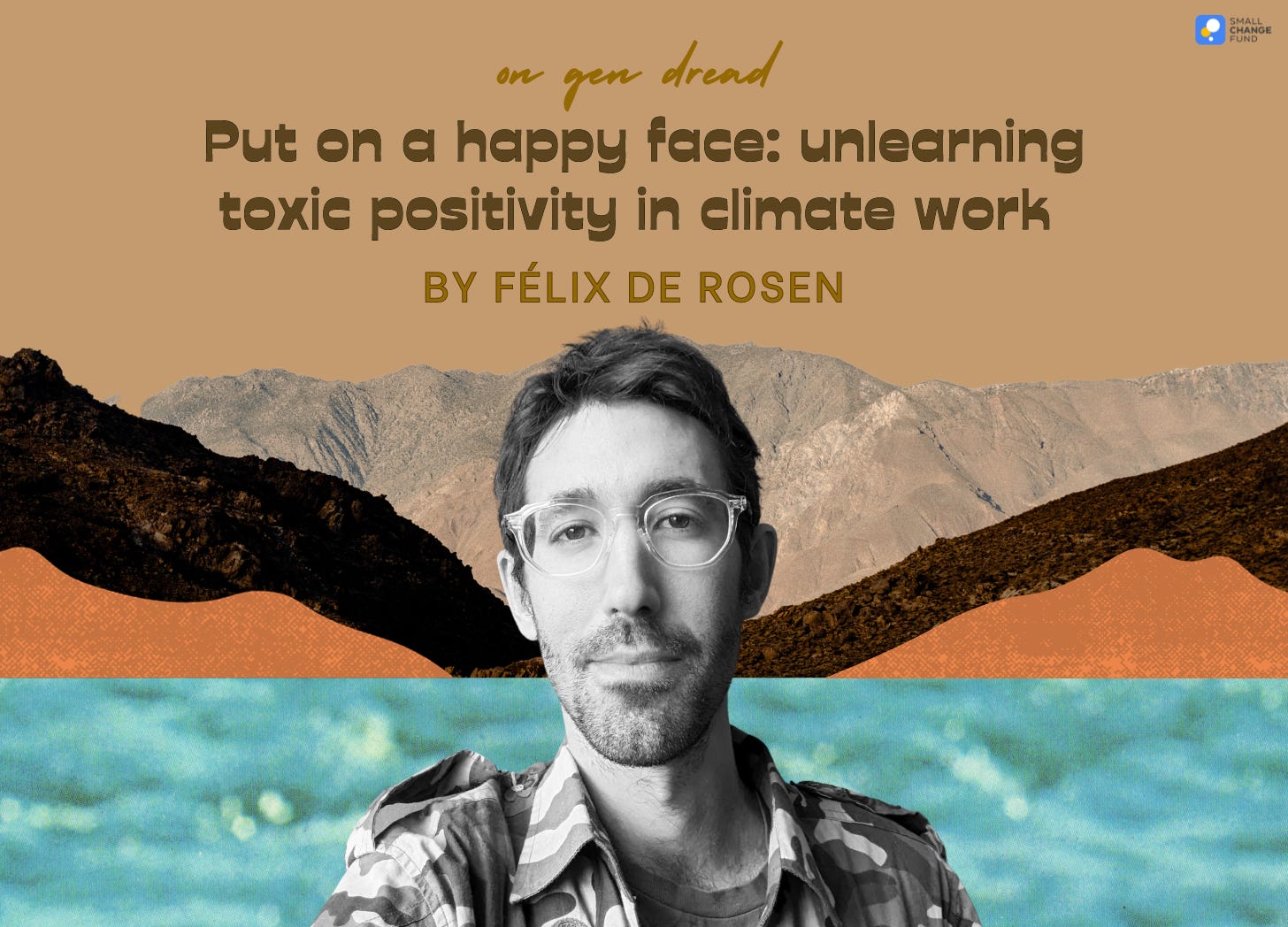
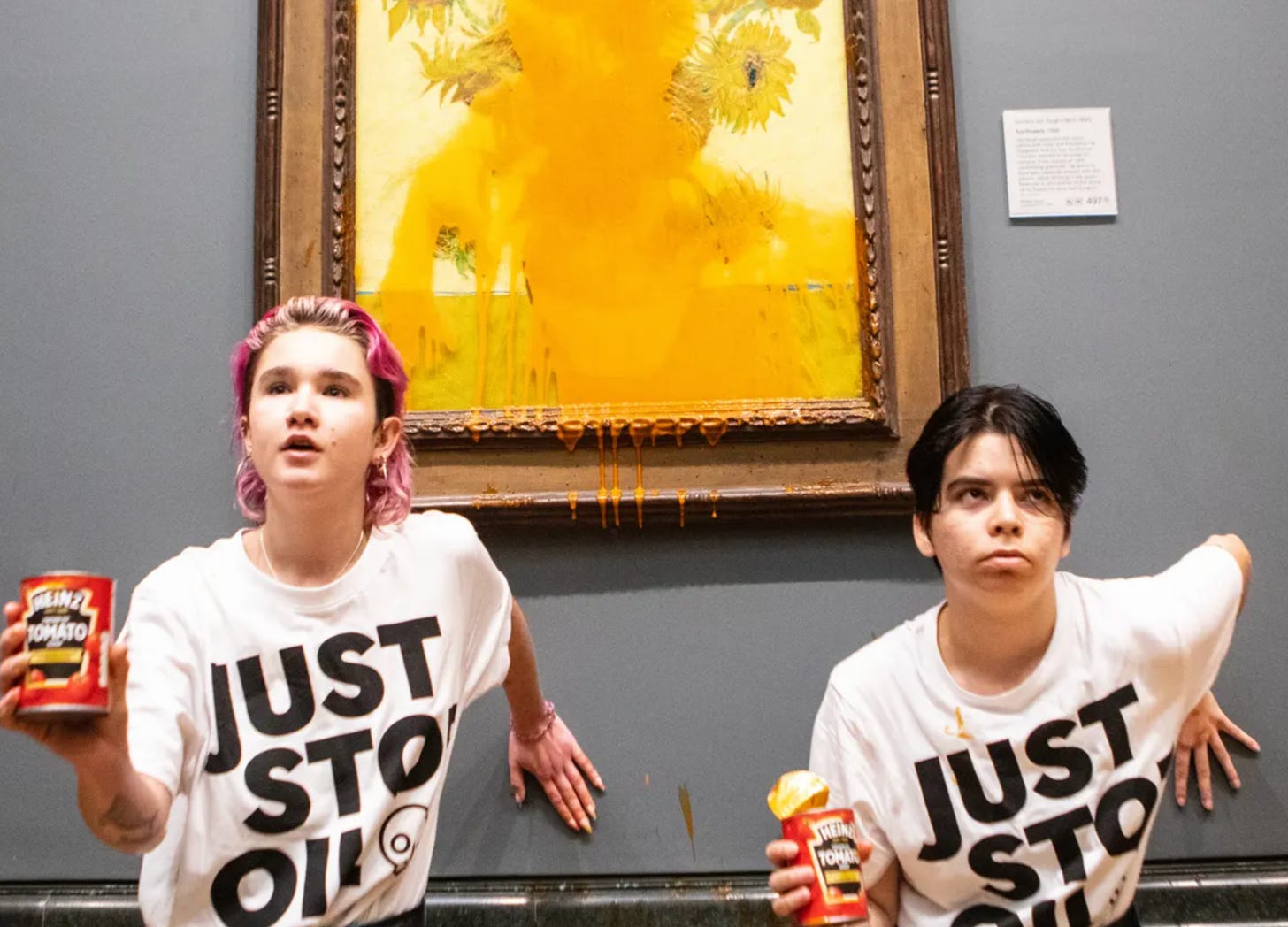
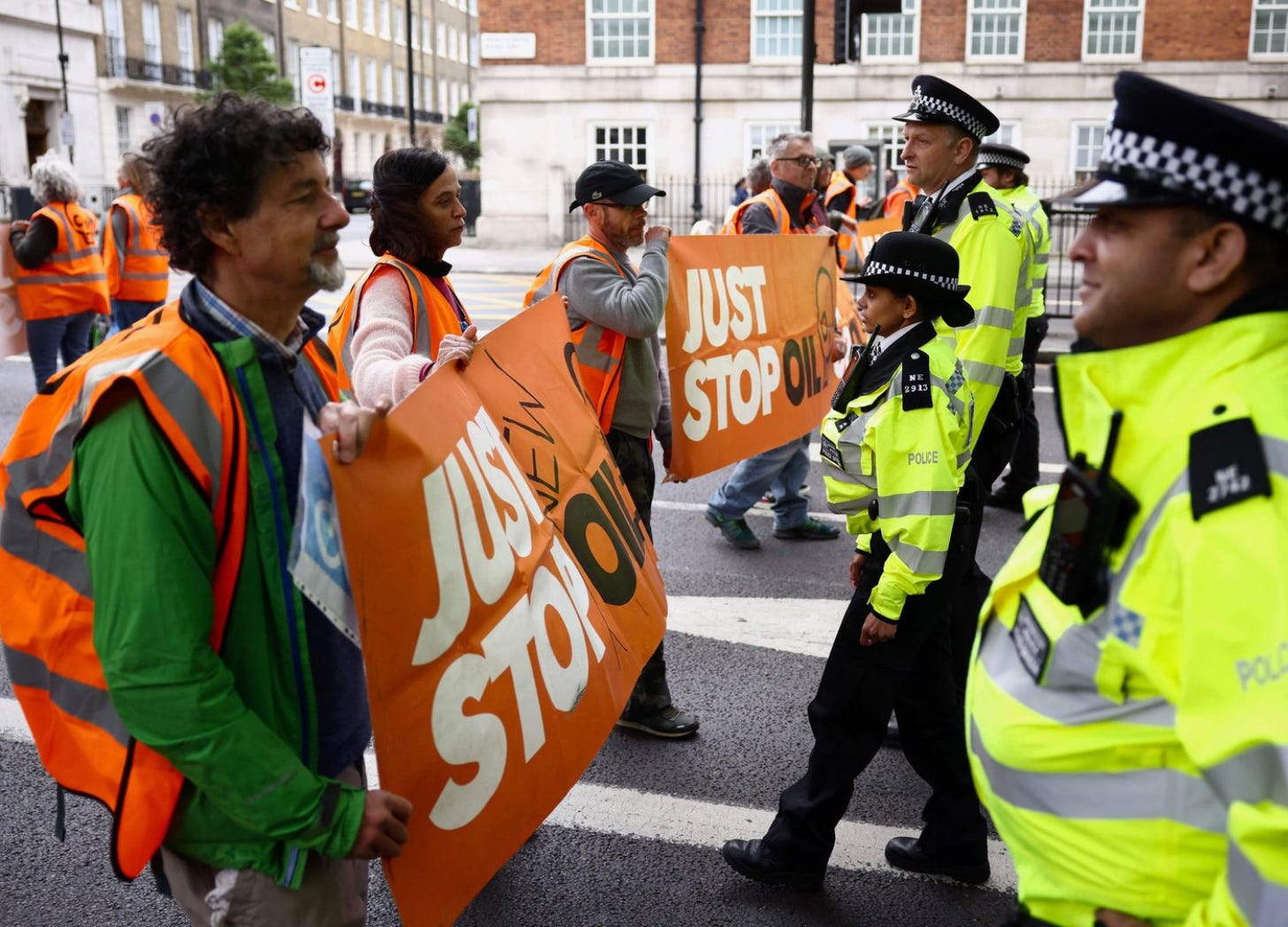
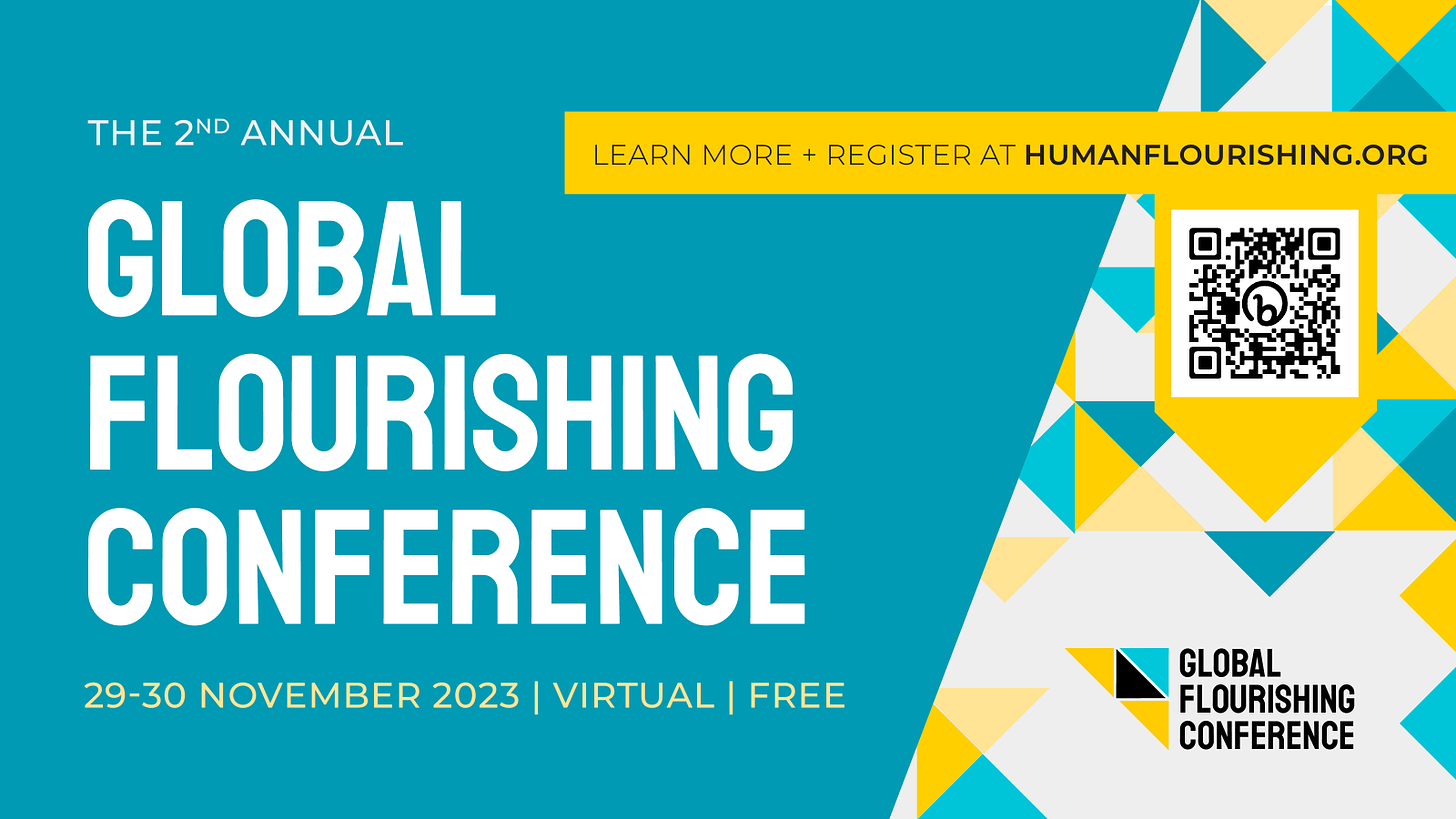
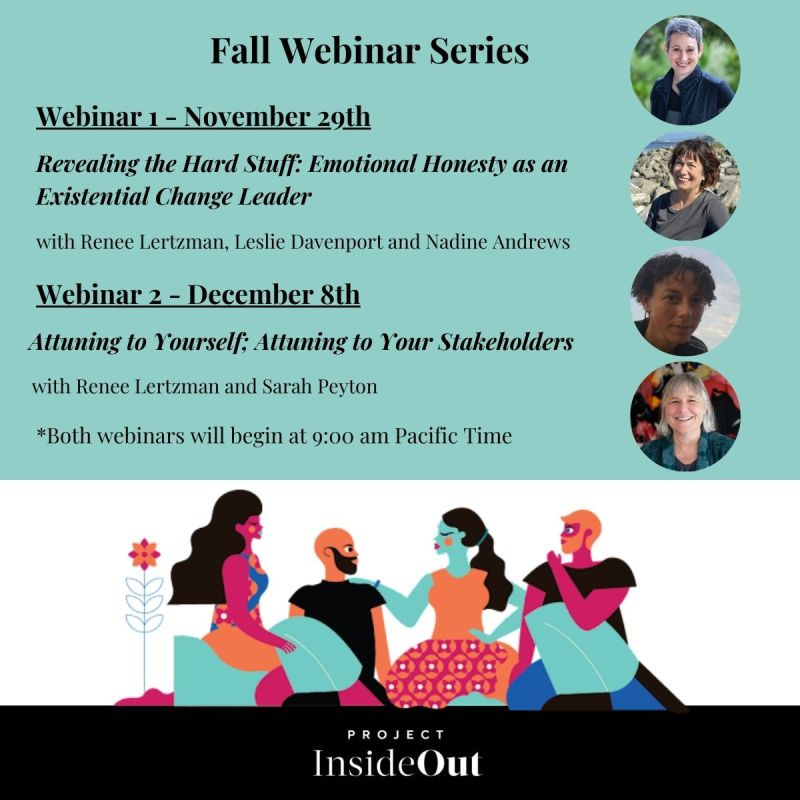
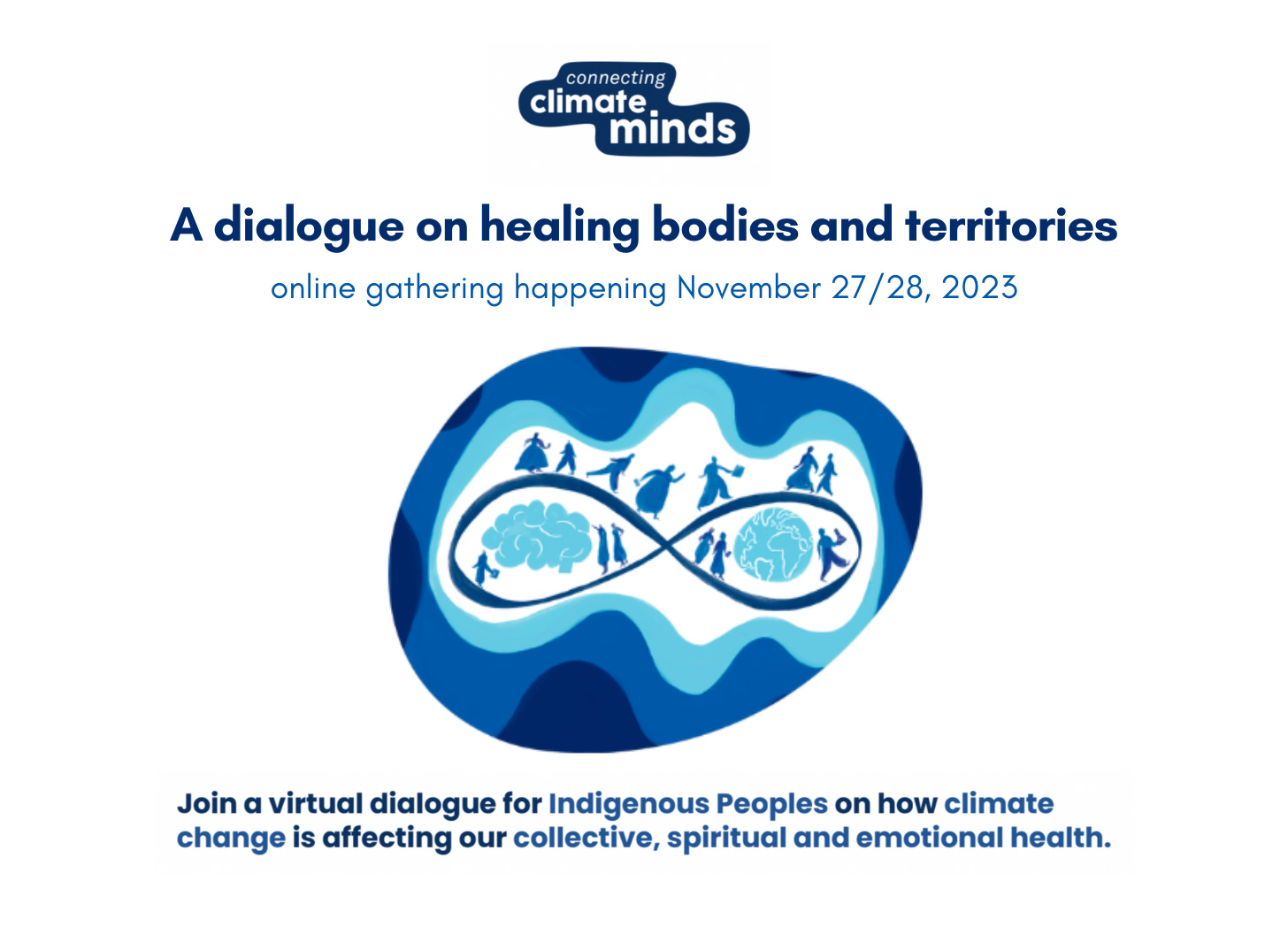

The world needs care and tending - I like that succinct idea in the article.
I like this post. Good reminder that we can feel despair and hope at once, inside us. We contain multitudes